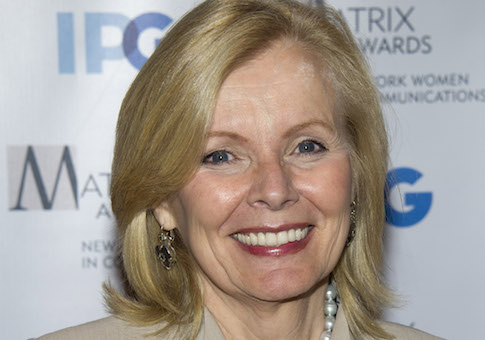Evident in every speech, column, news report, or lecture in Peggy Noonan’s collection, The Time of Our Lives, is the author’s respect for the virtue of work, and for meaningful work, at that. This makes sense: the book is a compilation of her lifetime’s work, a meaningful effort by any measurement.
In a lecture to Harvard students, Noonan discusses working at the White House the day the Challenger blew up: "Sometimes, and I’m not sure it happens more than half a dozen times in a professional life, you will have a day, or a week, or a moment, or a season, when you think to yourself, ‘This is why I’m here. This is why I’m in this office on this day. This is why God put me here.’ I had one of those days that day." But even less dramatic days seem to have provided opportunities for beneficial labors.
Sometimes the work collected here takes aim at her own side. Despite her conservative record, Noonan has often gone after those leading the Republican Party. But it was typically friendly criticism: pieces collected here do not scold, so much as point to alternatives.
In this volume, we are reminded that Noonan did not care for President George W. Bush’s Inaugural Address in 2005 and was not afraid to write that opinion. Despite immediate pushback and questions of her loyalty to the administration, she defended her claim that Bush’s speech was grandiose without any realistic possibility of follow through. She also sounded the alarm after Romney’s infamous "47 percent" gaffe, a misstep that may very well have cost him the election. Noonan did not try to soothe concerns or defend his words; she called for an intervention within the Romney campaign to avoid petty calculation and right the Republican Party.
Noonan often strikes an elegiac tone in this collection, reflecting on lost friends and personal heroes like Joan Rivers, Tim Russert, Margaret Thatcher, and, of course, her boss Ronald Reagan. In her eulogy for Russert, Noonan offers this challenge: "Question: When you die, are people in your profession going to feel like this? Why not? What can you do better?" Thatcher, Noonan says, never shied away from her gender. But she found no virtue in victimhood, unlike some notable others. And Noonan’s effusive praise of Reagan demonstrates the pride she wears for serving in the administration: "To be young and working in his White House at that time in human history was—well, we felt privileged to be there, with him. He made us feel not that we were born in a time of trouble, but that we’d been born at a time when we could end some trouble."
From a detailed breakdown of the flaws of Obamacare, to stories about little-known fallen heroes, Noonan’s collection is reflective of the wide range of materials she has worked with as a journalist. The Wall Street Journal columnist often celebrates the unique freedoms offered in this land, bemoans the vulgarity of Hollywood, condemns the divisiveness in Washington, and reflects on a post 9/11 trauma era. Noonan’s writing always seems to be striving for moments to showcase the good in America. In another life, she would have found meaningful work as a teacher teacher—which, in a sense, she has become, with her lucky readers filling the role of students.
